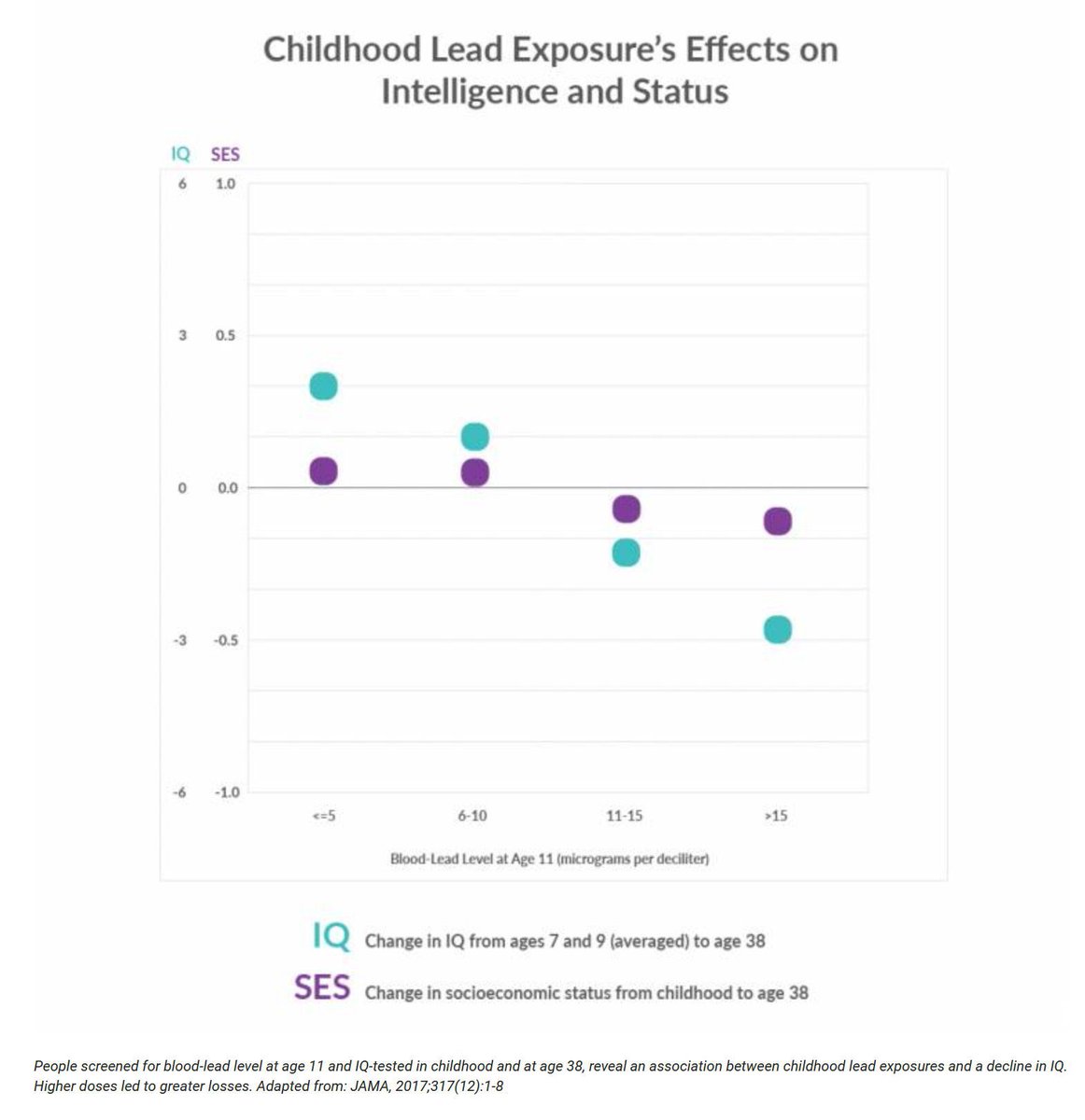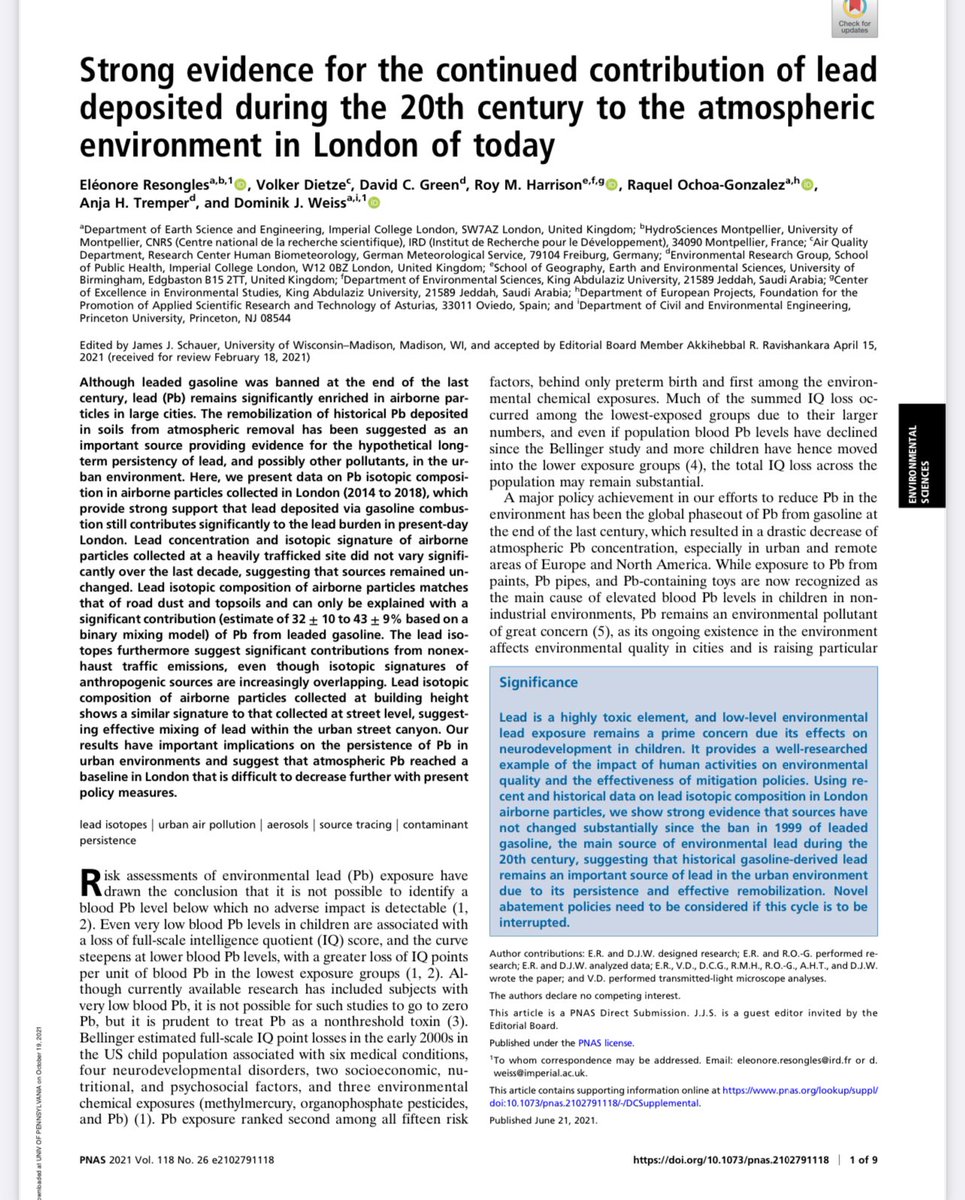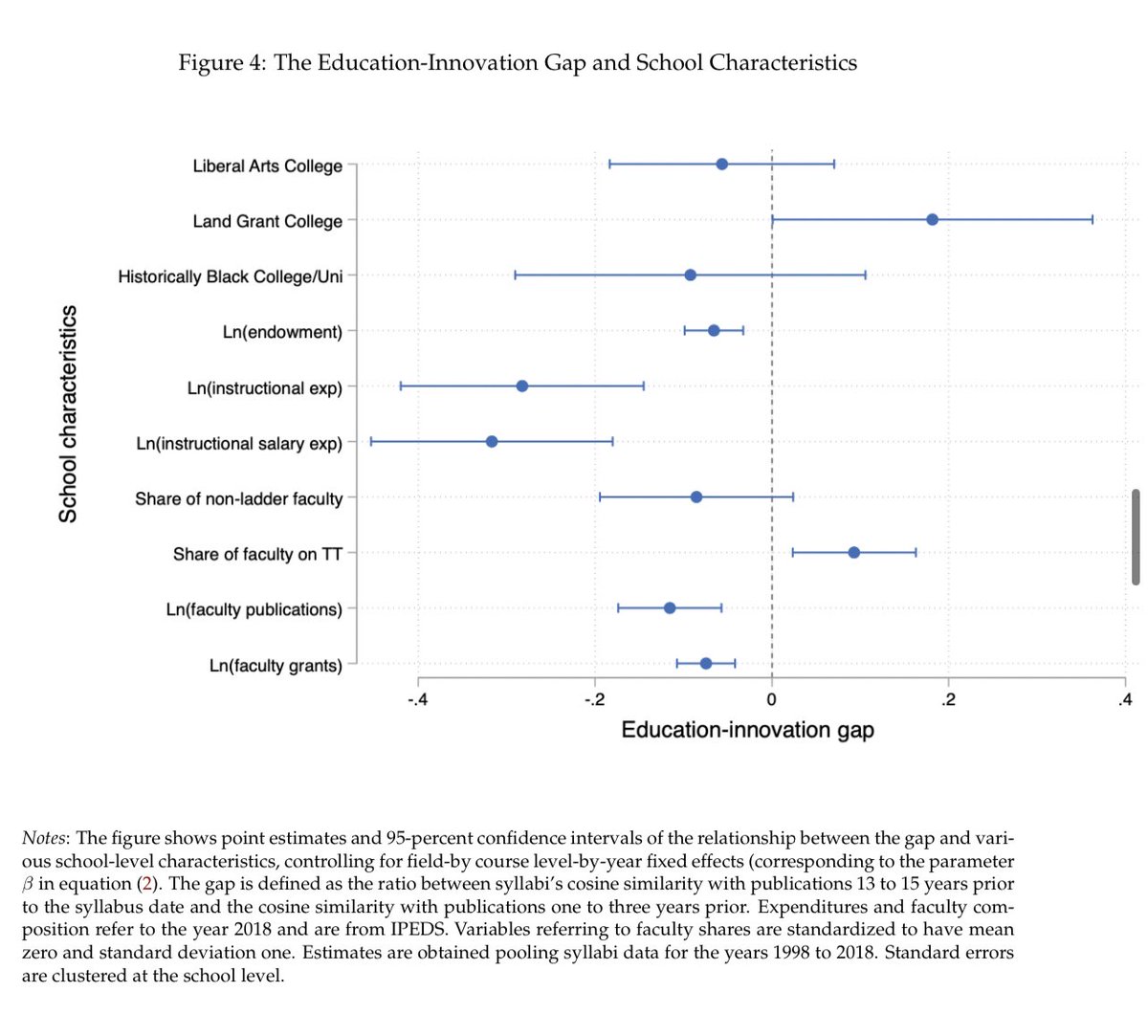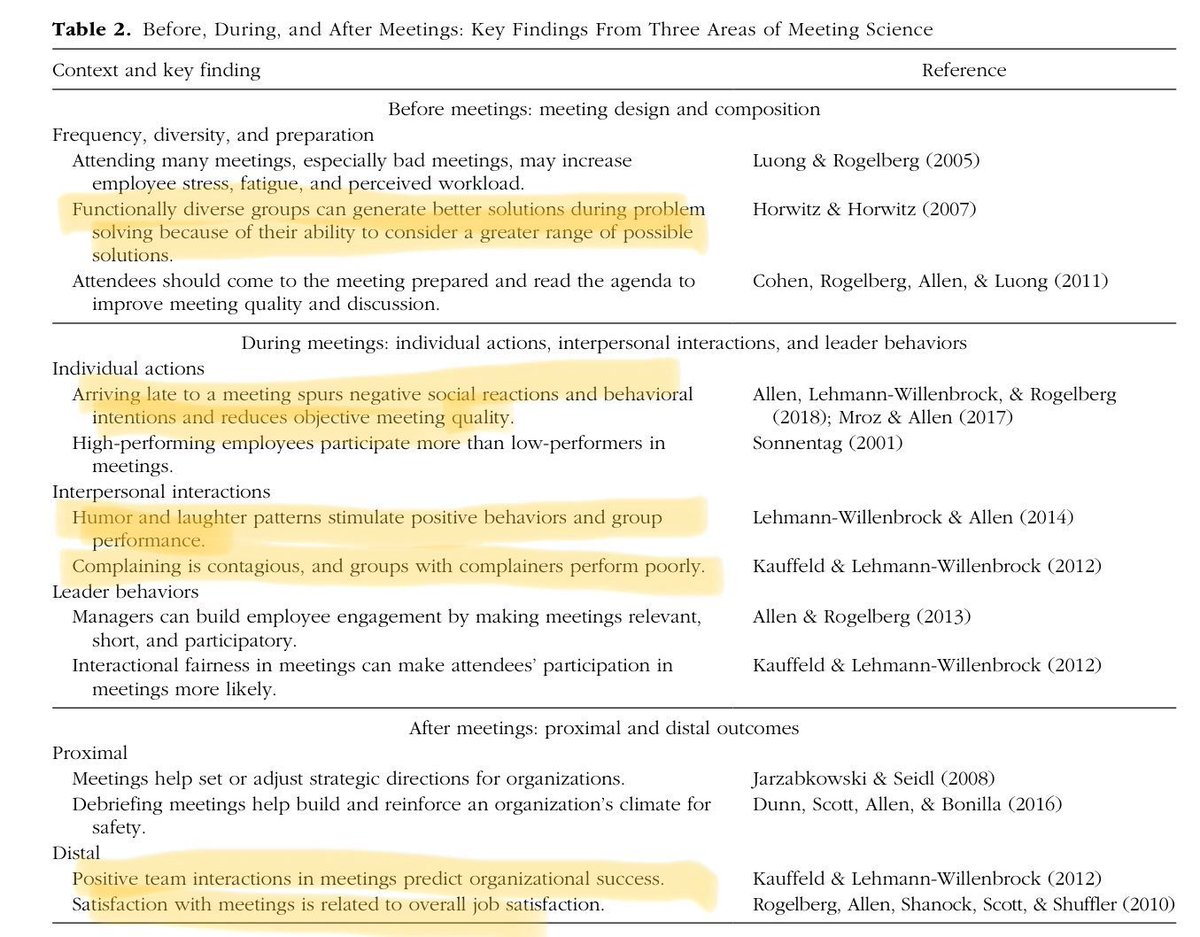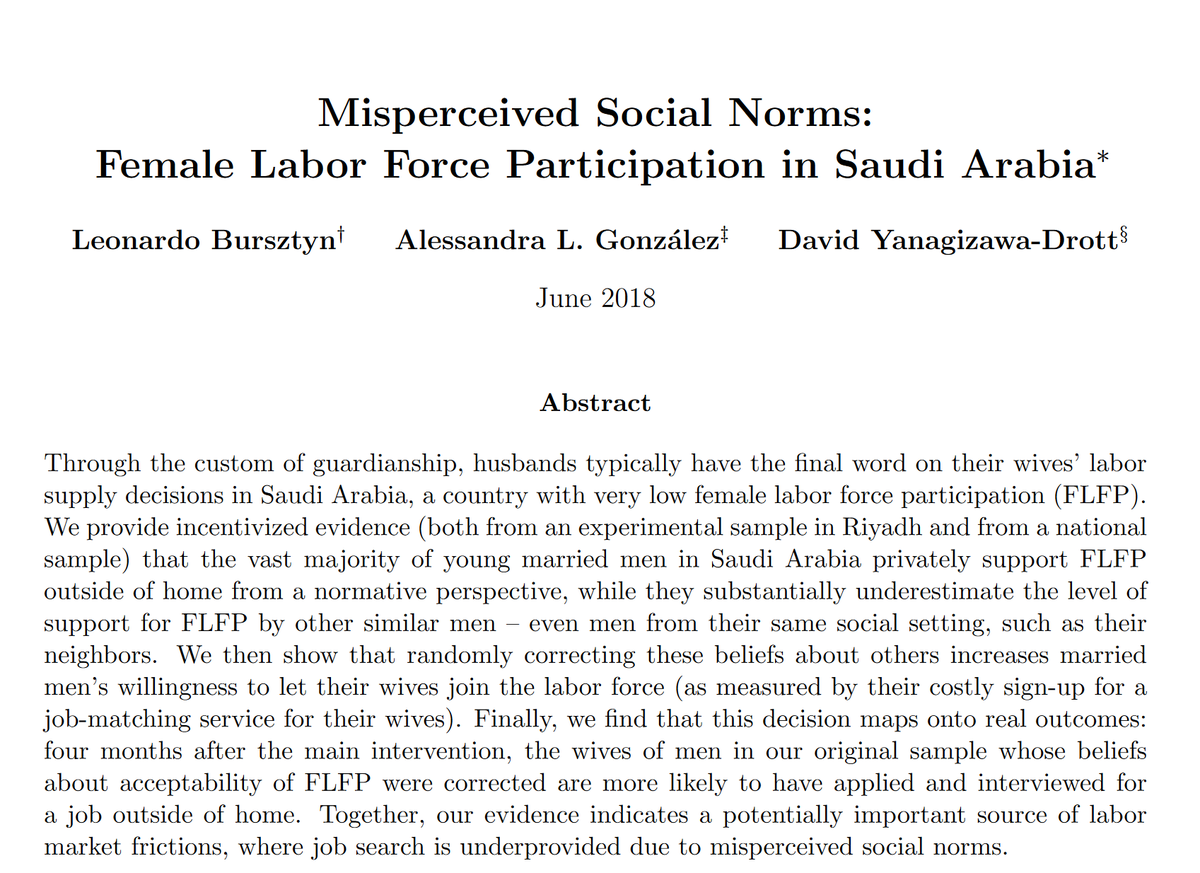
Who needs NFTs in video games? In-game items are already doing everything they are supposed to do. In 2017, between $3-$5 billion a year was spent buying and trading decorative weapons (& opportunities to gamble on them) in the game Counterstrike. Almost all was money laundering. 





Having built games & worked with the game industry a lot, I am confused about what NFT & blockchain-based ownership adds from a game developer’s perspective. The main issue is making games that people want to play for a long time; monetizing those games is a pretty solved problem
Also, item portability seems like a bad thing from a game dev perspective. I want to sell you new digital items, I don’t want you to import stuff you earned elsewhere. Again, games have experimented with this, you don’t need the blockchain, it is a business & not technical issue.
Making a living by playing games and selling the items you earned? No need for NFTs, we already went down that grim road 15 years ago, when 100,000+ folks in China worked as "gold miners" in World of Warcraft, grinding for loot. How would blockchain game items make this better? 



This is the perspective I have heard from other people, like @djedery, who have launched successful F2P games. It just isn’t clear what problems NFTs would solve for devs, and why those problems couldn’t be solved other ways. And why would any big platform support this approach?
https://twitter.com/djedery/status/1457817720746020870
Assuming they are supposed to be fun, and not just Ponzi schemes, NFT games also likely to have issues with decentralization:
📉Game economies often break in ways that make games boring/unplayable unless fixed centrally
👺Policing bad actors is critical to long-term playability


📉Game economies often break in ways that make games boring/unplayable unless fixed centrally
👺Policing bad actors is critical to long-term playability
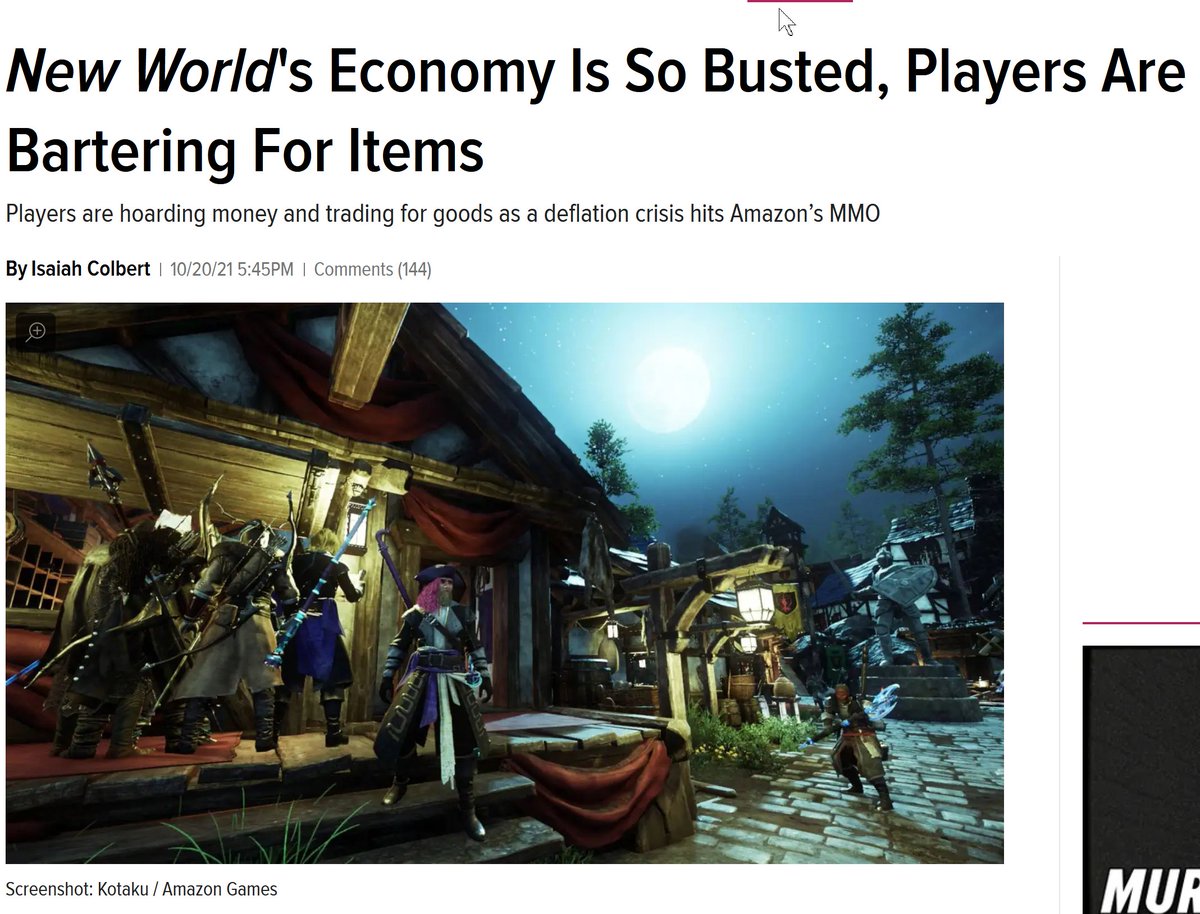


• • •
Missing some Tweet in this thread? You can try to
force a refresh





